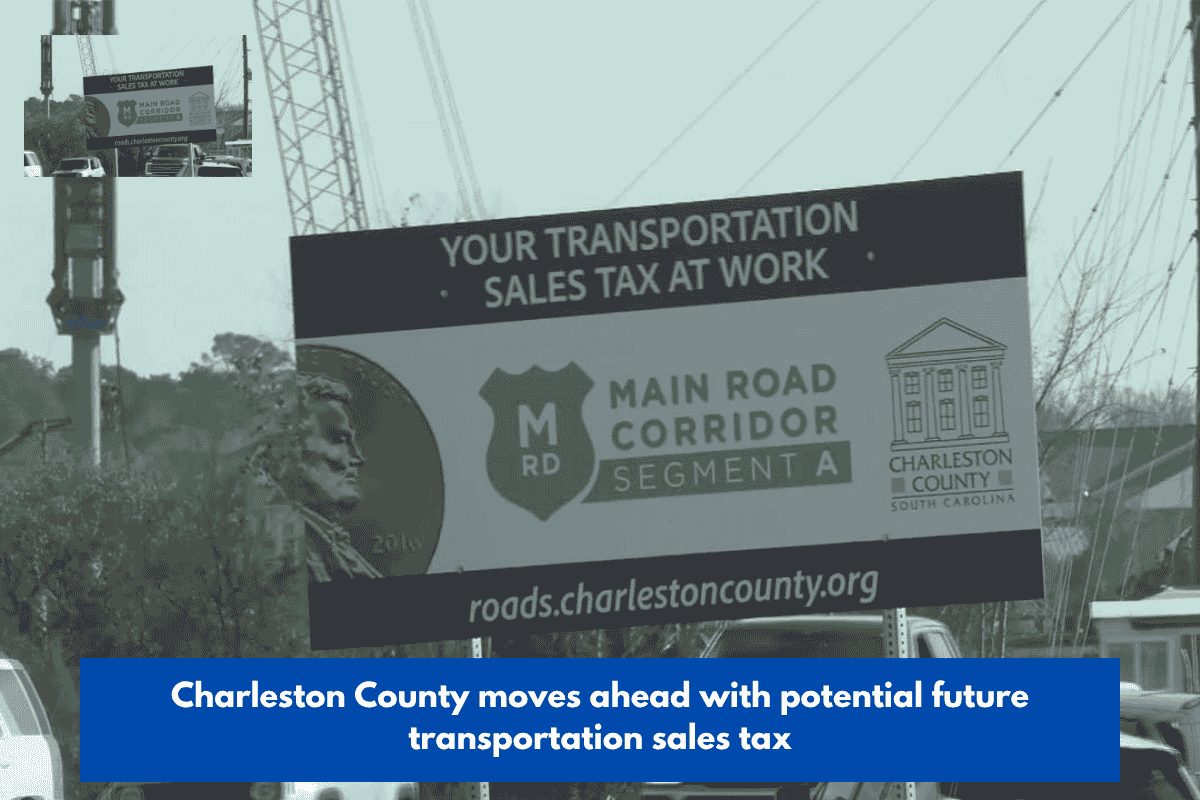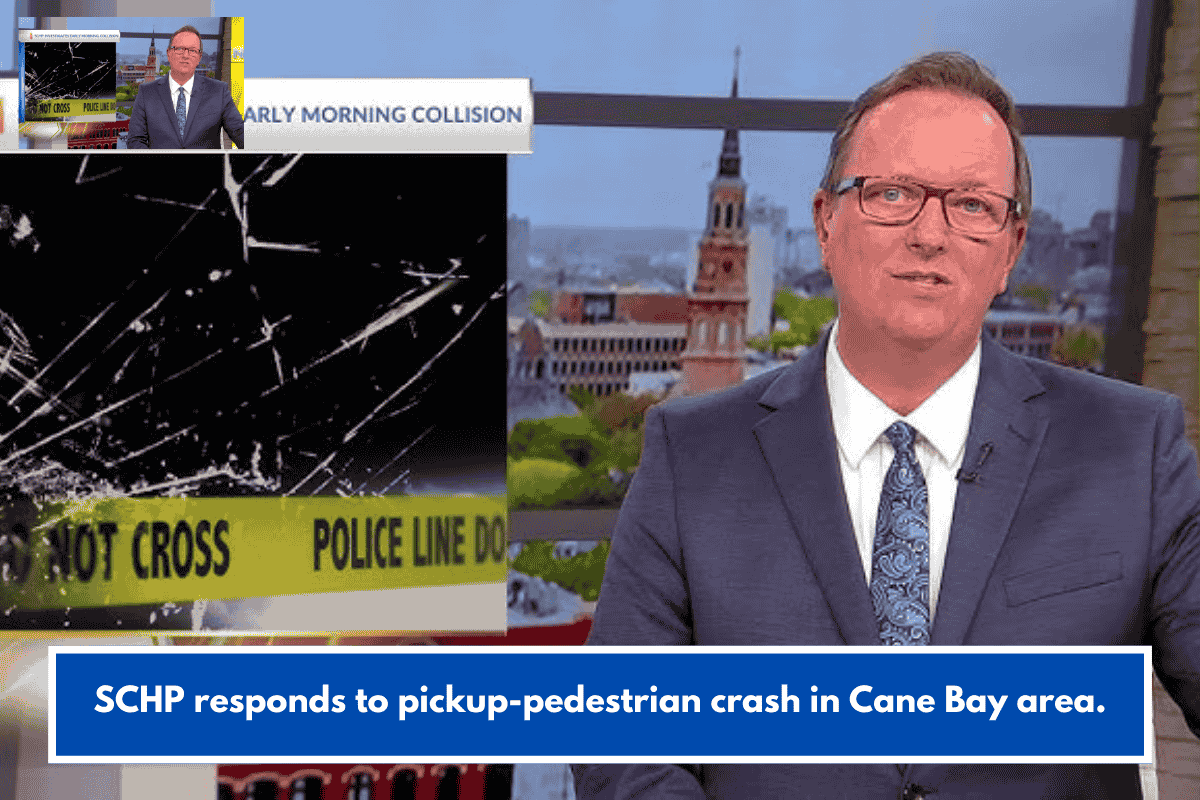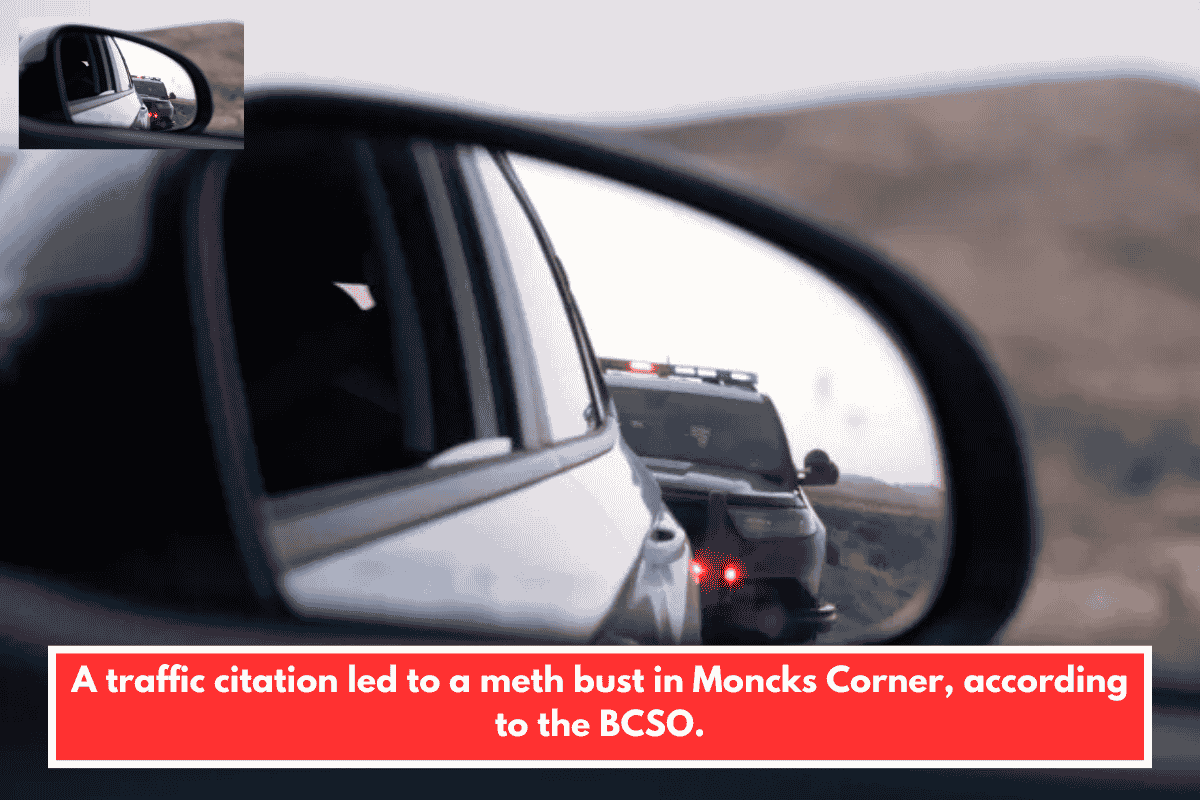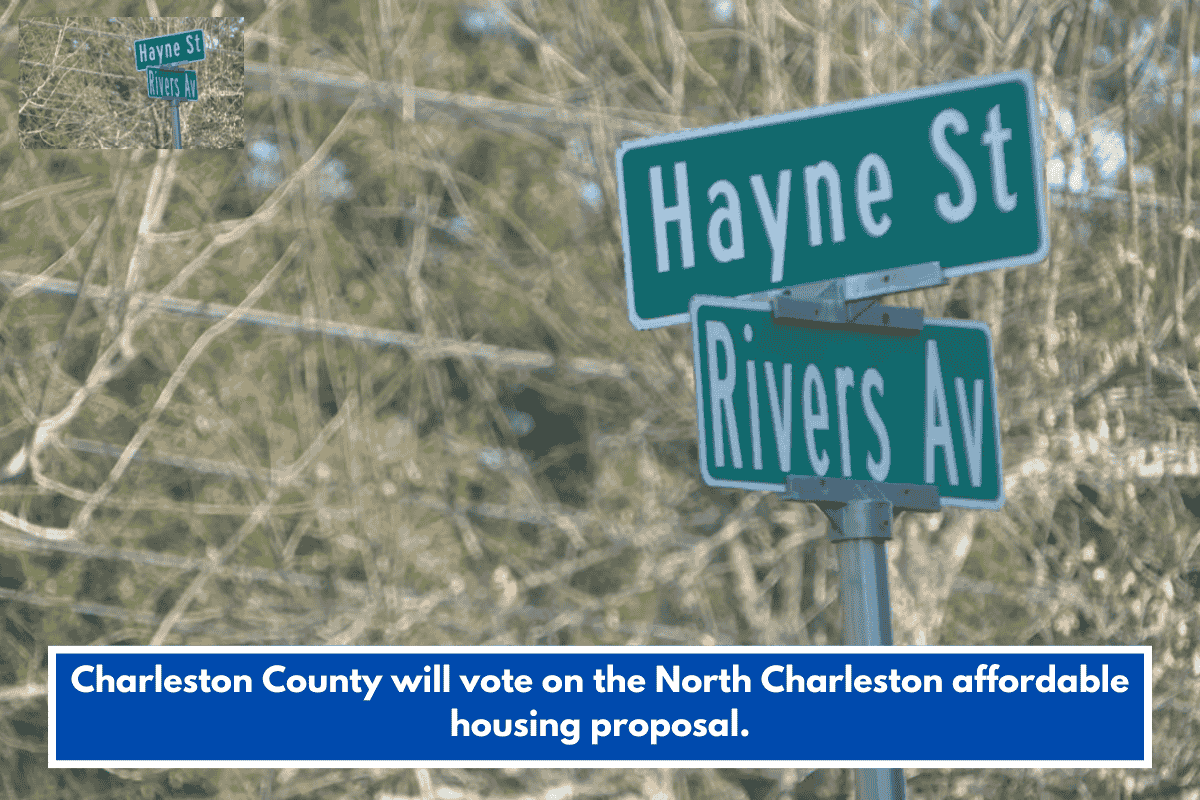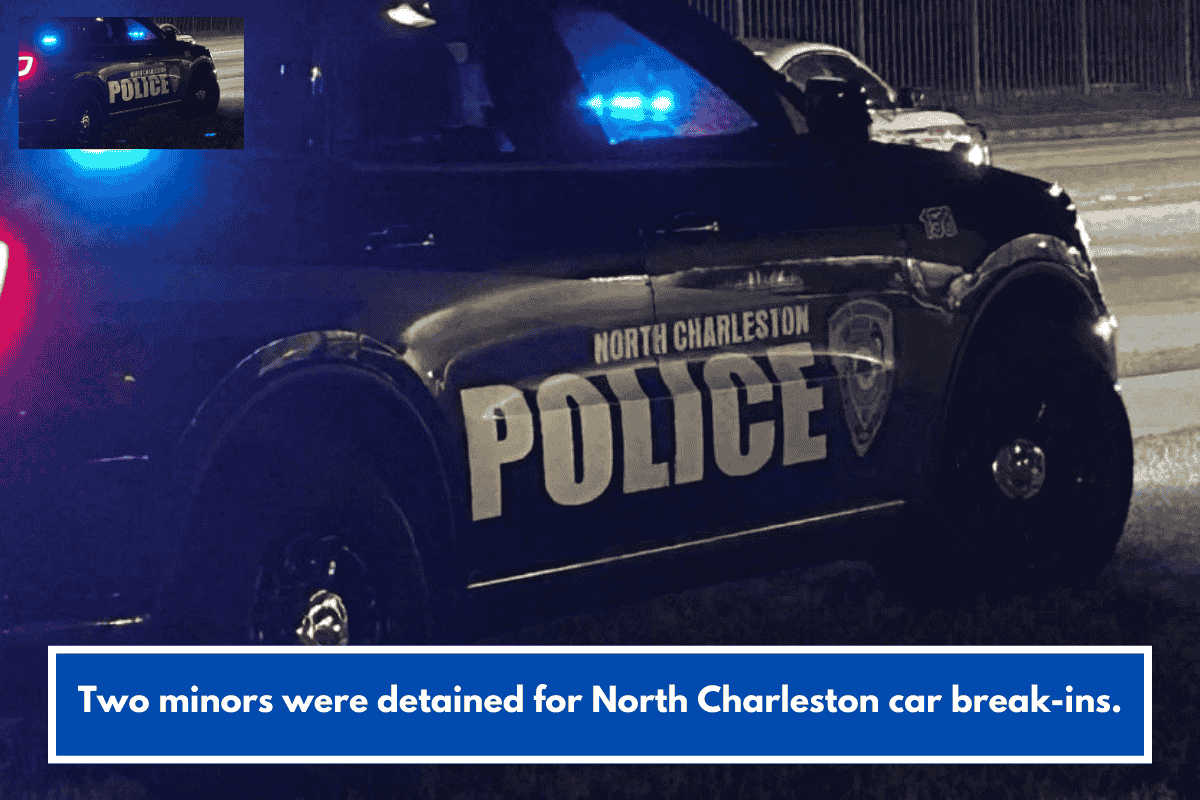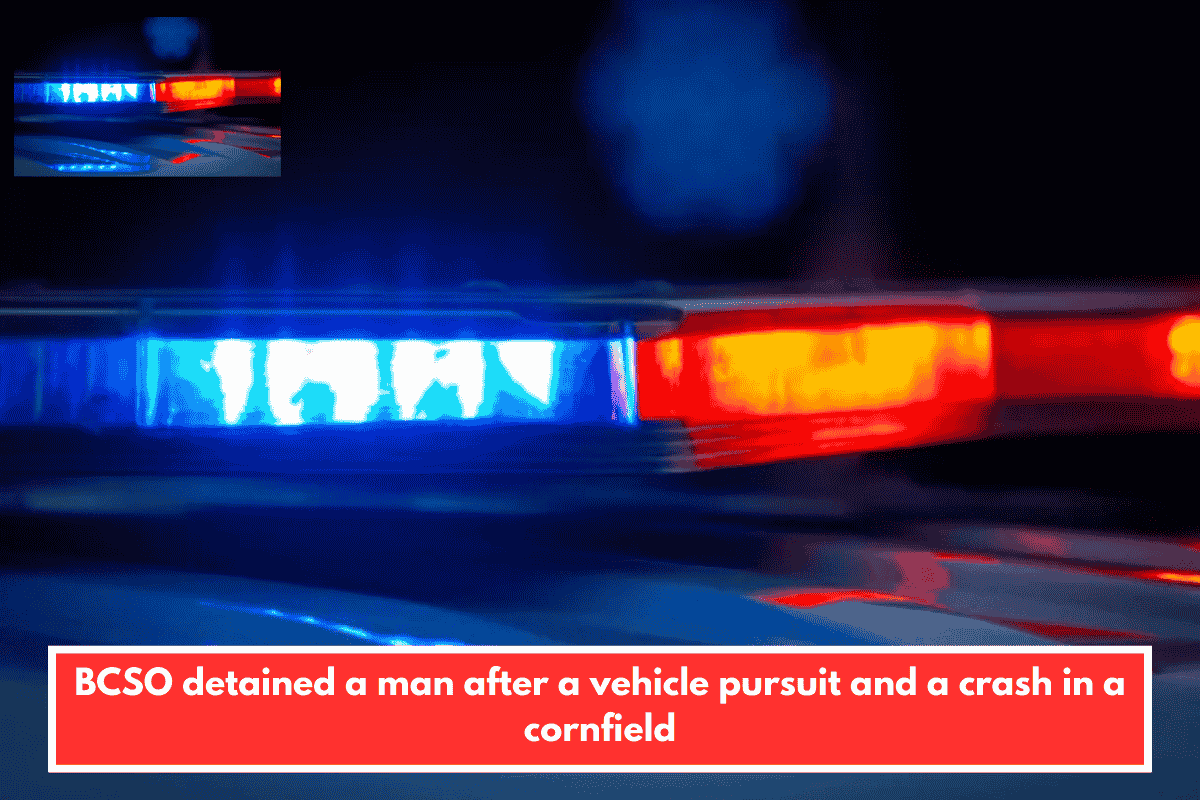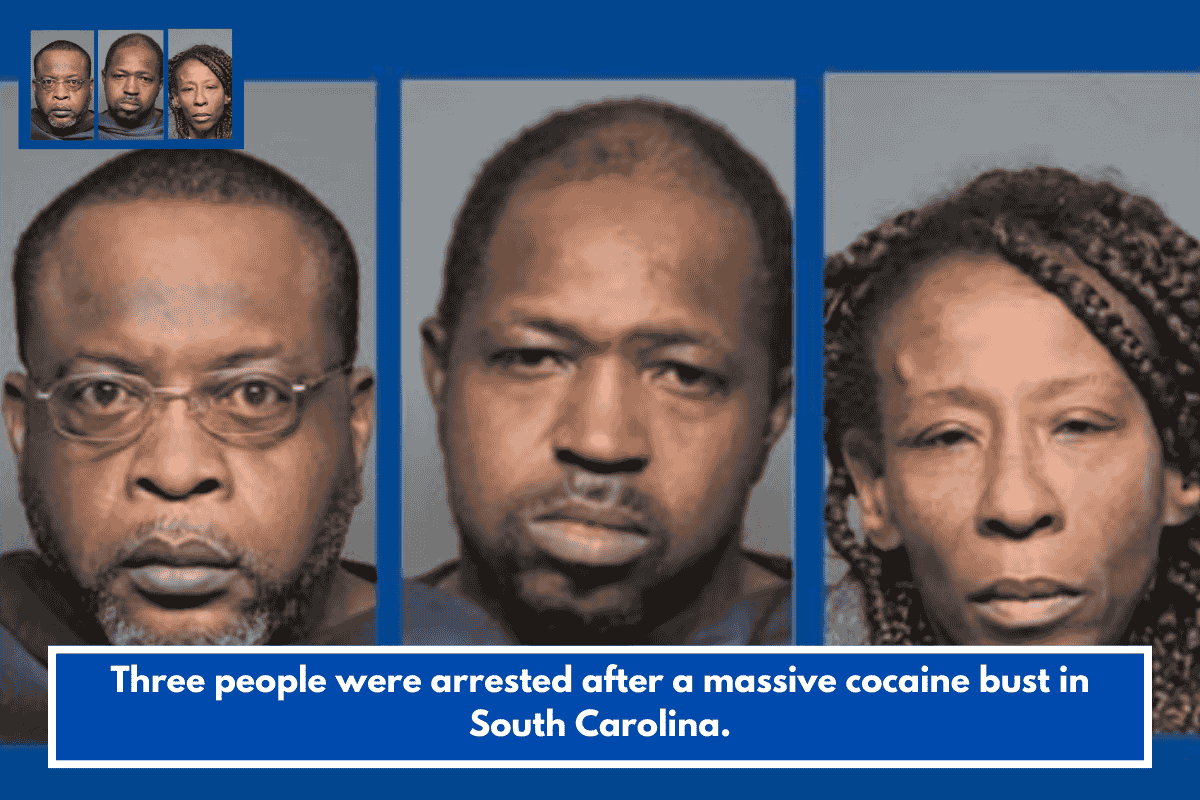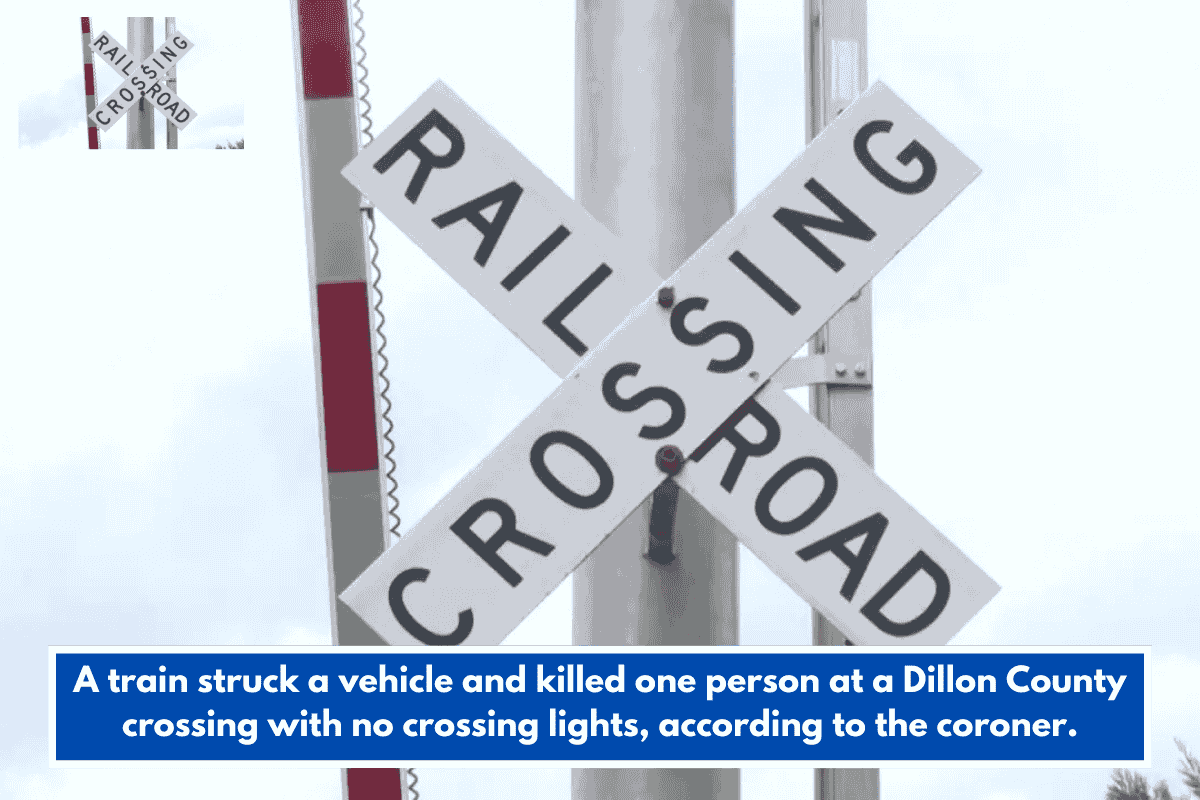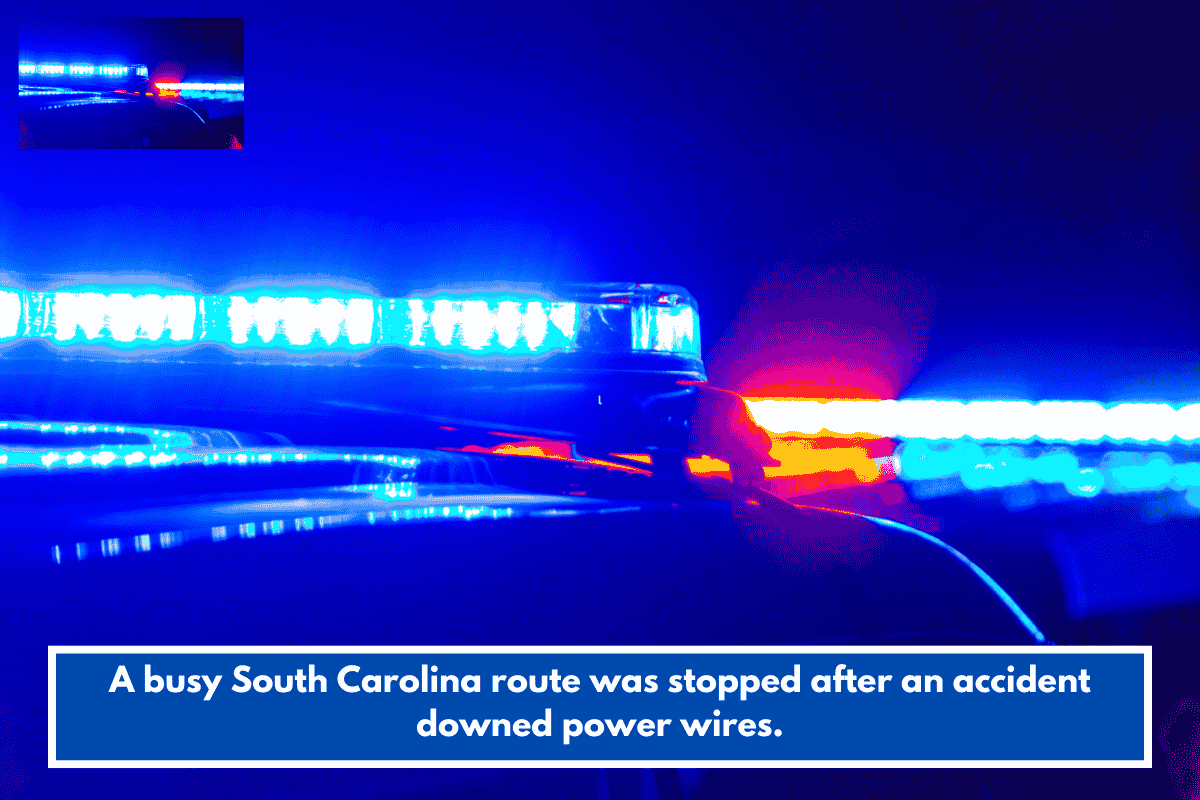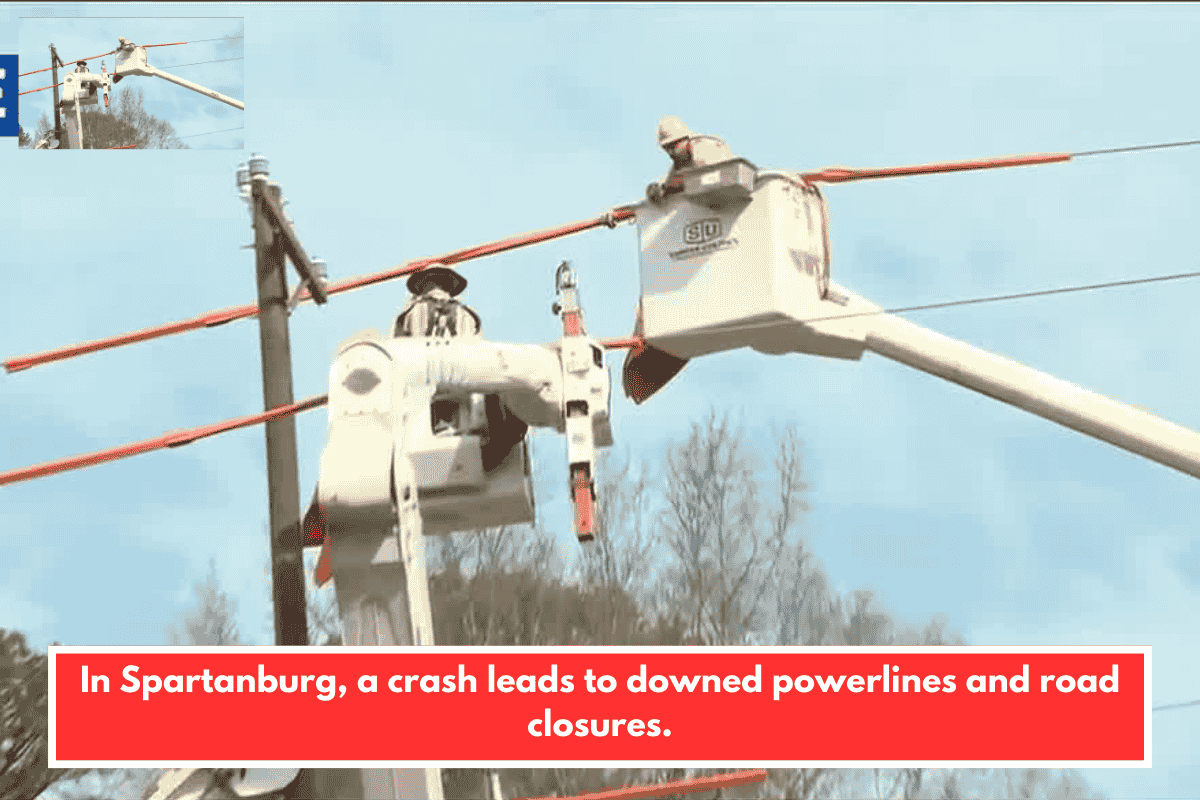North Charleston, South Carolina – Charleston County’s current sales tax is about to expire, so the county council opted to move forward with a potential future transportation sales tax at its meeting on Tuesday night.
The present half-cent sales tax, which has supported the county with transportation, infrastructure, and greenspace since 2004, will expire in 2027.
“County council is considering extending the local option sales tax so that we can continue to invest in our infrastructure and preserve our quality of life here in Charleston, whether that be with traffic, green space, or transit,” says Eric Adams, Charleston County Public Works Director.
The council has formed a new committee to help shape the county’s transportation funding destiny. The group, which includes nine current council members, will reflect on the effectiveness of the sales tax program, what remains to be done, and what the future may hold. Their primary purpose is to gather community feedback on the prospective future sales tax. Over the following several months, the county will hold meetings and seminars to gather feedback through questionnaires.
This strategy comes after community people voted against a referendum on the transportation sales tax in November 2024.
“The community said no, and we heard and respected that,” says Rev. Kylon Middleton, Chairman of the Charleston County Council. “We work for them right, and so we had to go back to the drawing board, trying to figure out how we could better, more robustly engage the community so that they are able to be aware of the things that we have done well and the things that we intend to do so that we can improve the quality of life for everybody.”
Officials say they don’t want to move forward with the sales tax without first consulting with the community.
“We’ve started a new process as we move forward into November of 2026 to be very transparent and also seek public input on what the public wants to see as far as investment categories, but also projects that they would like to see,” Adams tells me. “We’re going out to our municipal partners, to stakeholders and to the public at large.”
According to county authorities, the sales tax would remain unchanged, with the only difference being the projects that would be funded.
Since 2004, two separate transportation sales taxes have allocated 62% of revenue to infrastructure initiatives, including bike and pedestrian upgrades, 25% to public transportation, and 13% to greenbelt preservation.
Major infrastructure projects include resurfacing roads, establishing bike and pedestrian routes, and improving crossings. The tax also goes toward funding the Lowcountry Rapid Transit system and the Palmetto Commerce Interchange.
A recently released analysis found that all tax revenue resulted in a total of $4.56 billion in community infrastructure investments.
Officials argue the transportation sales tax must remain due to Charleston County’s population increase. The population has increased by more than 50% since 2004, and it is expected to rise by more than 42,000 in the coming decade.
“The population is increasing significantly, which also means we need to keep up with our infrastructure so that we can preserve that quality of life that we enjoy so much,” Adams points out.
Officials say this is only the beginning of a potential future transportation sales tax, and they want to hear from the community before making an official decision.
“I know everybody doesn’t want to fill out a survey, but fill that survey out so that we might be able to hear your voice,” Middleton elaborates.

